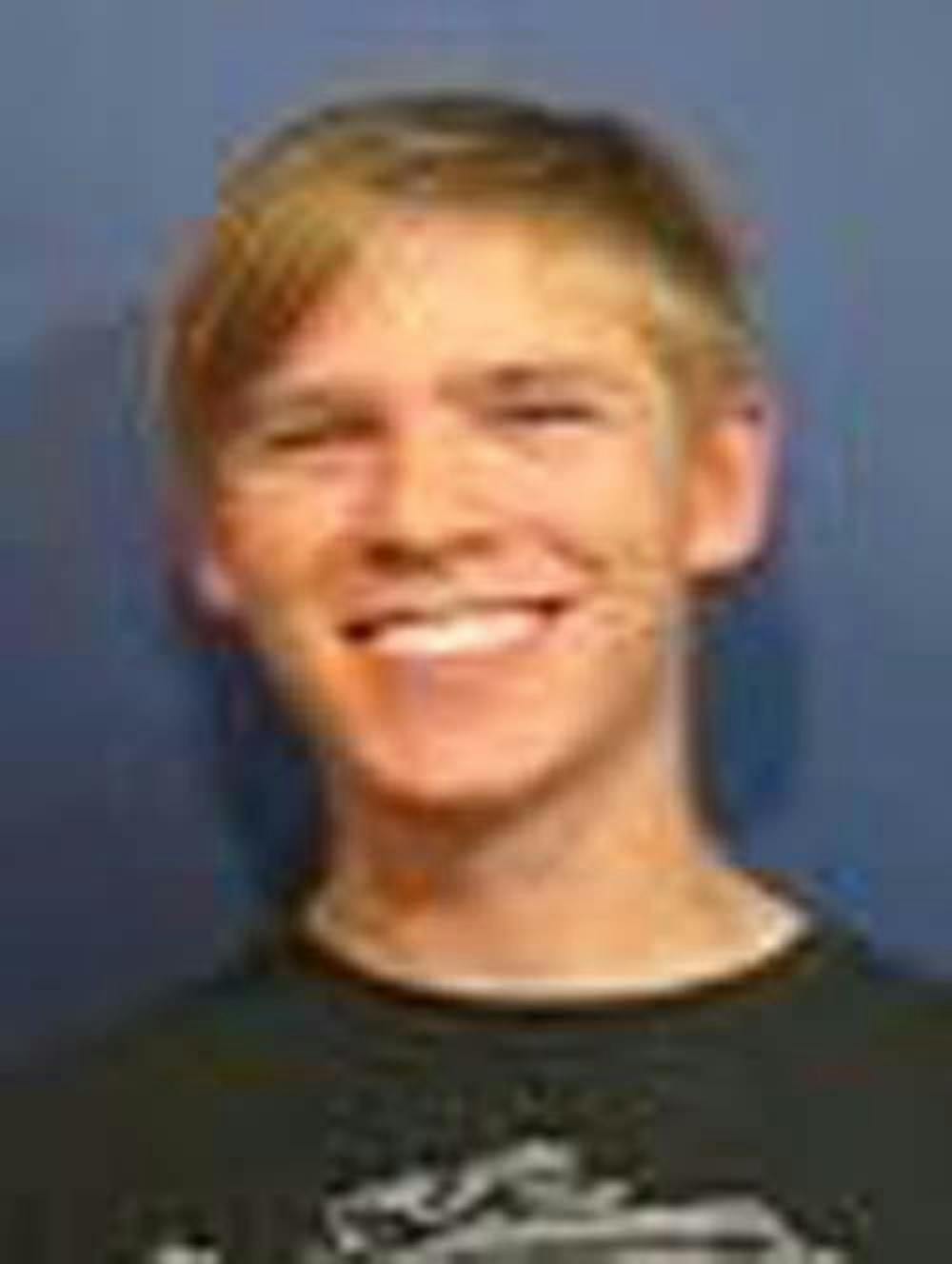Devin Helmgren (The Beacon)
By Devin Helmgren, Staff Commentary
Dear Anthony Paz, I will consider being religious when people like John Cannon put their Time Cubes away. Your Faith and Fellowship editorial struck a sour chord with me, but "Angels on the battlefield" specifically has upset all of my sensibilities.
Who is John Cannon? According to his article last week, he is an alumnus from the class of '67. On his website, we find that he has taken an extensive interest in the study of Thomas Aquinas and his theories on the angels. What is "Angels on the battlefield?" Confused and hateful.
I have two qualms with this article: first is the general falseness of nearly everything that the author asserts; the second is the implications that he makes about right and wrong. I'll start with the "facts" (and yes, I mean that I don't think they are facts. I'm not sure what Cannon means when he puts words in quotes) asserted in the article. The most obvious and offensive to me being his assertion that "abortion... is the most common 'medical' procedure" practiced in the US. That is blatantly untrue; the most common medical procedure is the common physical, and the most performed surgical procedure is the C-section. His assertion that the keeping and sharing of knowledge succeeded the printing press is false. And Darwin never claimed that he knew how life began; "Origin of Species" answers not where life came from, but why different species exist at all. The list of misinterpretations and untruths goes on.
More problematic are the implications he makes throughout the article. When he says that back in the day, "men were men, [and] women were women," he discredits feminism, transgendered individuals and the LGBTQ community as a whole. In his collection of former crimes that have been legalized, he mentions co-habitation, homosexuality and divorce, implying that all three should be crimes again. He also seems to imply that World War II was caused by Hitler's rejection of his Christian upbringing.
This is the problem, Mr. Paz. I keep seeing hate speech and prejudices like these emerge from religious communities. Jesus is famous for standing up for the people who were lowest in his society: prostitutes, tax collectors, the disabled. The people whom today find themselves the lowest (LGBTQ, divorcees, single parents, not to mention countless minorities) are being vilified by a world that looks a lot like the one that you claim "Jesus decried."
Merriam-Webster defines religion as "a cause, principle, or system of beliefs held to with ardor and faith" and faith as "complete trust". And while, Mr. Paz, it's true that developing spiritual doctrine on one's own can be difficult and confusing, I rarely find that those who do so are anywhere as radical and volatile as someone who had the answers handed to them. The universe is vast, unknown, and scary: its nature shouldn't be clear-cut or easily digestible; people need to struggle with it. You can't rely on your religious community to know every right from every wrong.
Devin Helmgren is a junior computer science major. He can be reached at helmgren14@up.edu.








